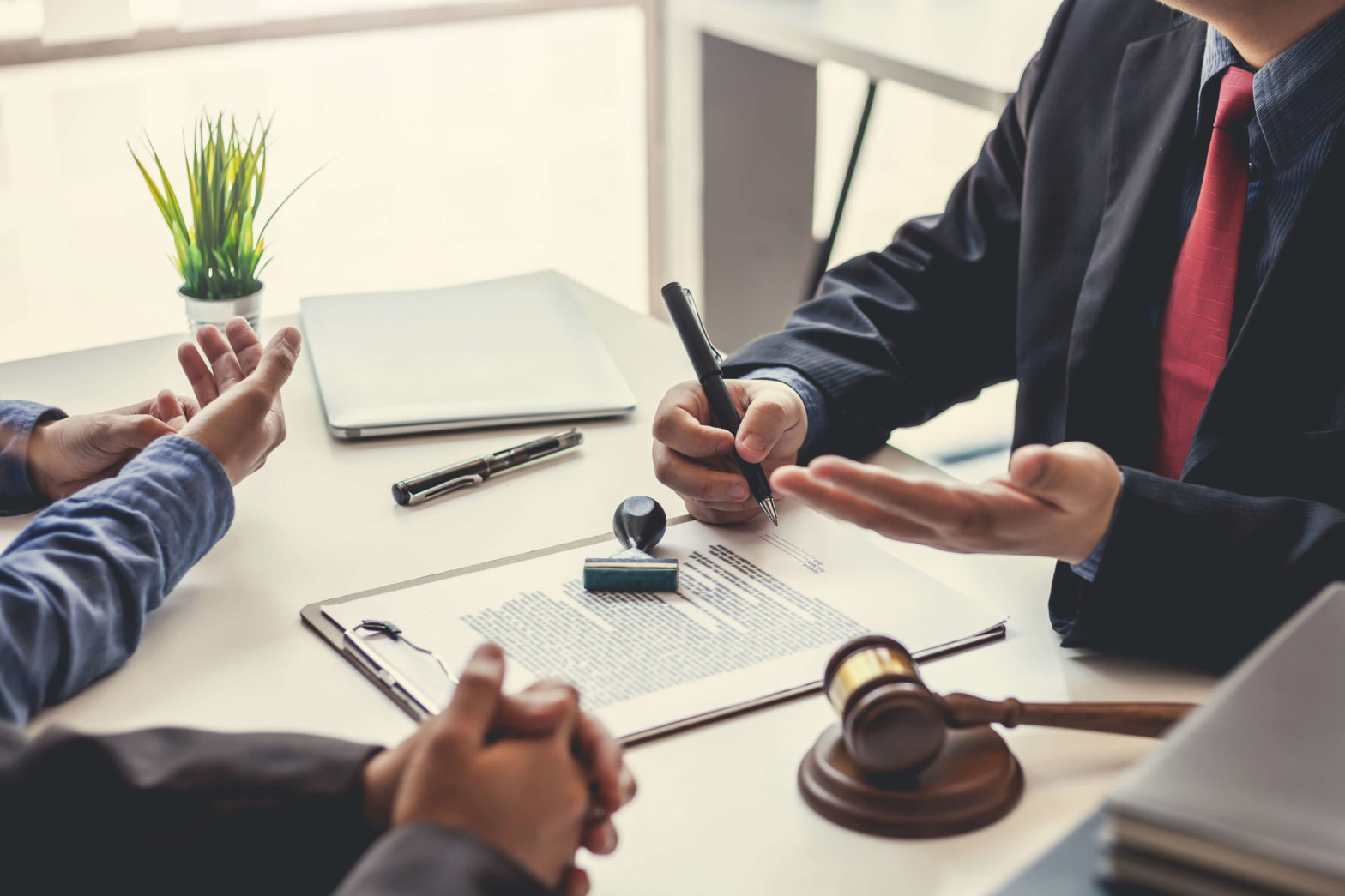Rental Property Liability Risks
January 7, 2022
Landlords are typically held responsible for their property and what happens there. However, there are instances where the tenant can be held responsible for an incident that occurs. Furthermore, negligence is a prime factor in determining who’s liable for a crime or injury at the property. For example, if a landlord neglects to fix the wobbly handrail and their tenant trips and injures themselves then the landlord would be held liable.
In this article, we’ll have a deeper look at the liability risks that go along with owning a rental property and who’s to blame.
The Liability Risks of a Rental Property
Since you’re a landlord, you’re going to face very different risks compared to a regular homeowner. Listed below are some of the most common risks you may encounter at your rental property:
- Discrimination lawsuits
- Fire or other natural disasters
- Tenant injuries
- Libel and slander
- Loss of income
- Intentional damage and vandalism
- Theft
- Water damage
Landlord Negligence
The landlord is liable to pay medical bills or legal costs when they’re found negligent. There are several conditions that the other party must prove before the landlord would need to cover the damages.
For example, you would need to be found guilty of one of the below statements:
- It was the responsibility of the landlord to maintain a particular part of the residence
- The root of the accident was long-standing and the landlord didn’t take sufficient action to prevent the issue
- The injury/damage was due to the landlord’s negligence
- If a previous crime of the same nature occurred there before and no preventative action was taken
Tenant Negligence
While the landlord is liable in most cases, there are scenarios where the tenants are at fault. For example, a fire breaks out since the tenant left the stove on or a burglary occurs because the tenant left the front door unlocked. If a tenant is found negligent for an incident then they’ll have to pay for the loss.
How to Deal With Liability Risks
As a landlord, the best course of action would be to ensure your property is safe and livable. Regularly inspect the property for necessary repairs to avoid any unwanted injuries or damage down the road. Also, it would be beneficial to establish good tenant relationships because happy renters are less likely to file a claim.
We hope this guide helps you avoid future rental property liability claims.
Additional Resources
Sources
https://wealthpilgrim.com/landlord-liability-risks-and-coverage-a-to-z-2/
https://nonprofitrisk.org/resources/articles/risk-management-for-rental-properties/
https://homeguides.sfgate.com/general-liability-rental-properties-87010.html
